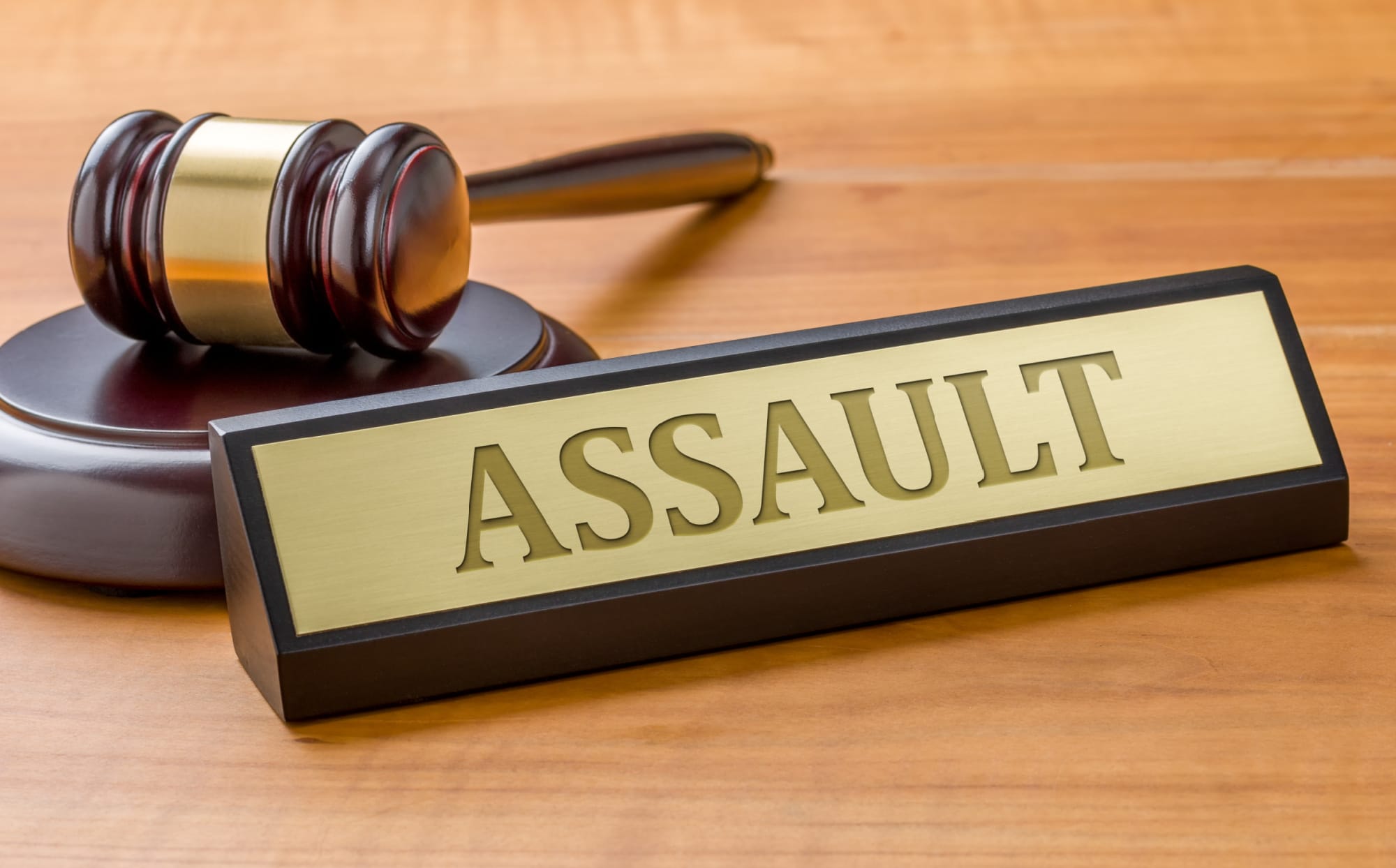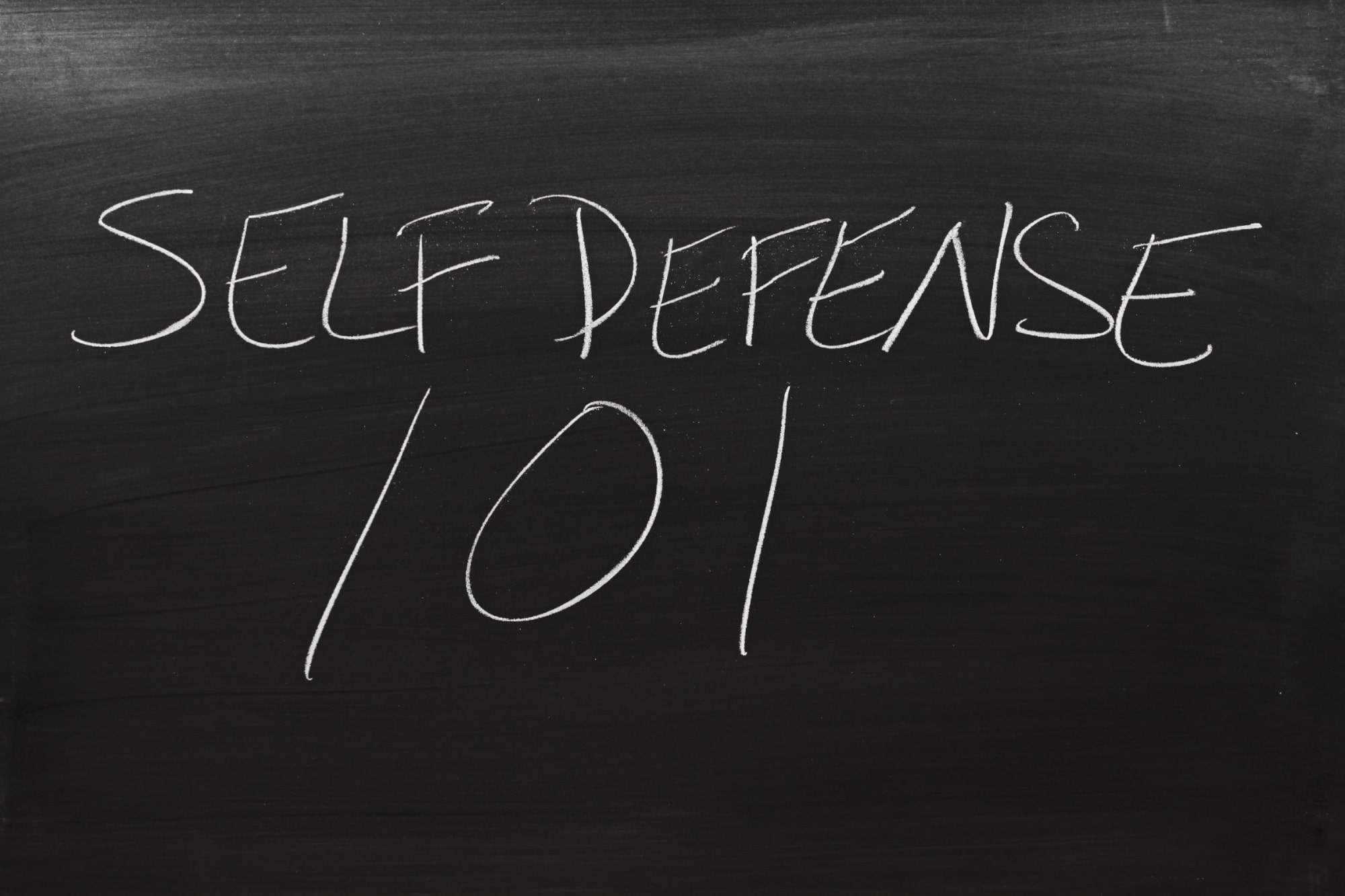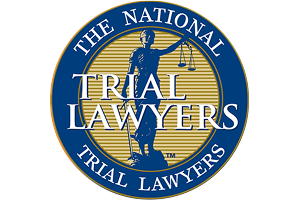- Free Consultation 24/7: (773) 908-9811 Tap Here To Call Us
Can You Raise Self-Defense to Your Assault Charges?

Being charged with assault in Chicago can be intimidating, especially when you believe you were only trying to protect yourself. Illinois law recognizes self-defense as a legal justification for the use of force in certain circumstances. However, successfully raising this defense requires more than simply claiming you acted out of fear—specific facts and legal standards must support it. An Illinois criminal defense lawyer from the Law Offices of Andrew Weisberg can help you understand how self-defense applies in assault cases. With the right defense strategy, it may be possible to show that your actions were lawful rather than criminal.
Can Self-Defense Apply in an Illinois Assault Case?
Under Illinois law, self-defense can be a defense against assault or battery charges when a person reasonably believes that the use of force is necessary to protect themselves or another from imminent harm. This principle is codified in 720 ILCS 5/7-1, which permits the use of force when it is believed to be necessary to prevent unlawful force against oneself.
For example, if someone lunges at you in a threatening manner and you raise your arms or push them away, that may be considered defensive conduct. But if the response goes far beyond what was necessary to stop the threat, such as using a weapon against an unarmed person, the prosecution may argue that your actions exceeded lawful self-defense. The strength of this defense will depend heavily on the circumstances surrounding the incident.
Although self-defense is a powerful legal argument, it is not without limits. Illinois courts draw a clear line between lawful defensive conduct and excessive force. You cannot claim self-defense if:
- You were the initial aggressor: If you started the confrontation, the defense may not apply unless you attempted to withdraw and communicated that intention.
- The threat was not imminent: Fear of a future attack or speculation about what someone might do is generally not enough.
- Excessive force was used: The level of force must be proportional to the threat. Using deadly force to respond to a non-deadly threat will usually defeat a self-defense claim.
- You were committing another crime: If the assault occurred during unlawful activity, such as burglary or trespass, raising self-defense is unlikely to succeed.
Your lawyer can help you know the applicable limits. This ensures that you can build a case that does not rest on arguments that prosecutors or judges can easily challenge.

How Do Courts Evaluate Self-Defense Claims?
Courts apply a reasonableness test, meaning both your belief and your response must be considered reasonable in light of the threat. For example, shoving someone who lunges at you may be regarded as reasonable, but responding with deadly force in that same situation may not be justified unless the threat clearly involved the risk of death or serious bodily harm. When self-defense is raised in an assault case, the court examines several factors to determine the validity of the claim. These include:
- Nature of the threat: Was the danger immediate and serious, or could it have been avoided?
- Proportionality of response: Was the force used appropriate in light of the threat faced?
- Defendant’s role in the conflict: Did the accused provoke or escalate the confrontation?
- Credibility of testimony: How consistent are the defendant’s statements compared to witness accounts, police reports, and physical evidence?
The burden of proof in Illinois is also important to note. Once self-defense is raised, prosecutors must disprove it beyond a reasonable doubt. This means that even if the jury has some doubt about whether your actions were defensive, that uncertainty can work in your favor. An Illinois defense attorney will highlight these doubts and emphasize evidence supporting your claim.
Why Legal Representation Matters in Self-Defense Cases
While you have rights after being charged with assault, raising self-defense is not as straightforward as it sounds. Prosecutors may argue that your perception of danger was unreasonable or that you used excessive force. They may also introduce evidence suggesting you initiated the conflict. Without a strong legal strategy, these arguments can undermine your defense and result in a conviction.
An Illinois criminal defense lawyer can analyze the facts of your case, challenge the prosecution’s narrative, and present evidence that supports your right to protect yourself. This might involve questioning witnesses, presenting surveillance footage, or consulting experts on use of force. Because Illinois law leaves room for interpretation, the skill with which you present your defense can make a huge difference in the outcome.
Get Legal Support for Your Assault Charges
If you are facing assault charges in Chicago and believe you acted in self-defense, you have options. The consequences of an assault conviction can impact your freedom and your future. At the Law Offices of Andrew Weisberg, we know how to build strong defenses and challenge the prosecution’s version of events. An Illinois criminal defense attorney can demonstrate that your actions were lawful and justified. Call us today at (773) 908-9811 for a free initial case review.




















